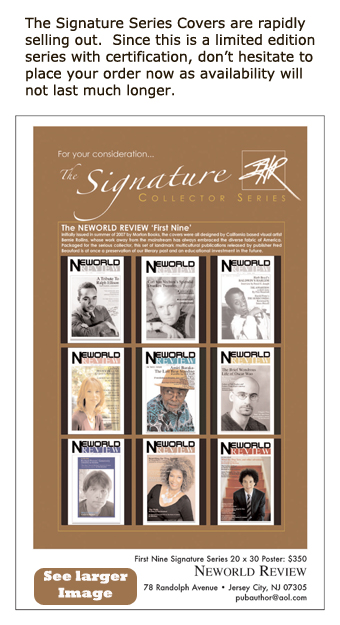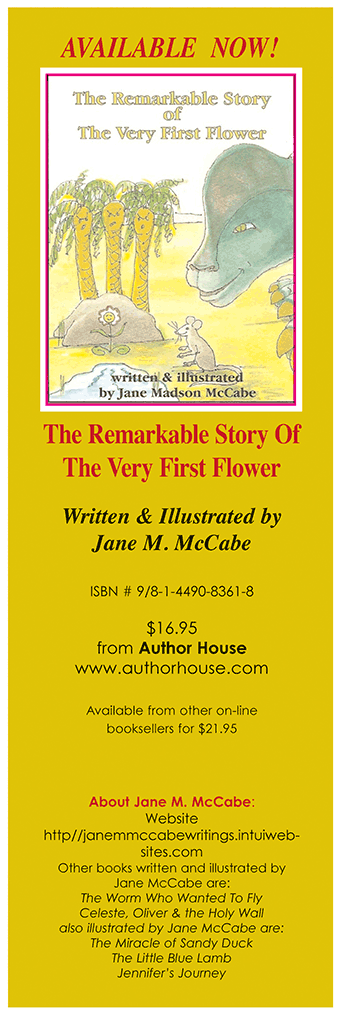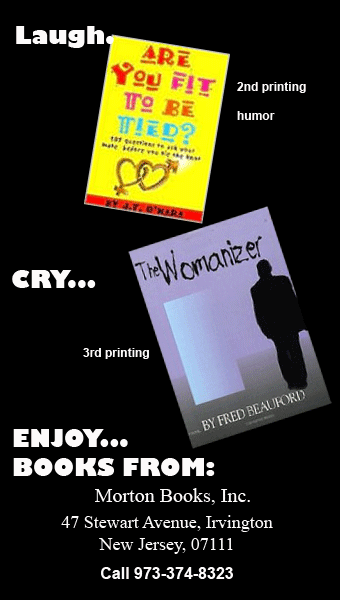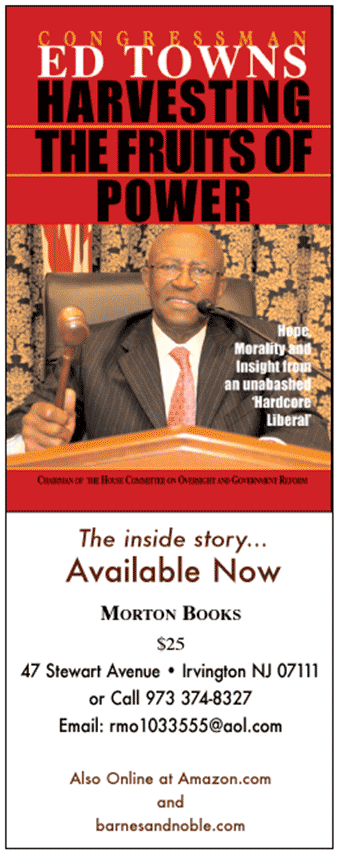One Page at a Time: On a Writing Life
by Pat Carr
Texas Tech University Press | 2010 | 259 pages | $25.95
Reviewed by Sarah Vogelsong
Pat Carr’s One Page at a Time: On a Writing Life is an odd book. Framed as a memoir of a woman writer, I wanted to like it—even today, there is a dearth of major women writers in American letters, and so a book that promised to look thoughtfully at the development of one sparked both my interest and hope. The first page seemed to fulfill my expectations. Broaching the question of “why I became a writer,” Carr offers an intriguing explanation: “I may have come to stories simply through the lies the adults in my life told.”
Right away, I folded down the corner of the page to mark it as a potent idea deserving further attention, and then moved, with growing excitement, to page two. And then three, and four, and on until I reached 259 and realized that the only page I had dog-eared was the first.
The book is strangely devoid of any real insight. Focus is a major issue: Is the intent to delve into the life of a writer or the life of a woman? I have the feeling that Carr would smugly return (smugness being perhaps her most distinguishing characteristic): “The life of a woman writer.” Well and good—but the entire book so lacks depth that the reader gains no fuller understanding of either, much less a combination of the two.
The narrative is easy to grasp, following the general trajectory of all memoirs. Carr begins with her early years in the oil camp of Grass Creek, Wyoming, dips back into family history, and then unfolds the story chronologically to the present day. Along the way, she attends Emory University, marries an alcoholic, gives birth to two children, spends a brief period in Colombia, embarks on her own academic career as a professor of literature and creative writing, divorces the alcoholic, and remarries. She consorts with a number of literary “celebrities” over the years, gleefully recounting episodes with James Dickey and Toni Morrison, the latter of whom disappoints Carr for various narrow and dogmatic reasons that are hardly worth discussing. (In short, Carr avidly believes that a writer can never assume a different point of view than he or she actually possesses—men can never write as women, gay people cannot write as straight people, and so on—which would dismiss a good portion of the Western canon, including Madame Bovary, Portrait of a Lady, and the aforementioned Morrison’s Beloved, to list only the tiniest fraction. We would at least still have Shakespeare—drama, Carr airily assures us, is “different.”)
The most unique characteristic of this memoir is how Carr chooses to structure it. The book is composed of a series of vignettes, each exactly one page long and numbered. It is an interesting concept but, like much else in One Page at a Time, its promise is never fulfilled. Breaks between the episodes seem arbitrary or forced, with different anecdotes bleeding from one page to the next. Often, Carr seems to conclude a particular scene solely for the purpose of tying off a paragraph with a dramatic final line or question—a flourish that she executes as skillfully as an utterly sincere adolescent girl.
The choice of the vignette as the structural form for a memoir could have been a brilliant stroke. The beauty and utility of the vignette lies in its ability to pack a large punch into a small set of words, and it operates best in two ways: either by framing a moment of epiphany by refining a scene down to its essence, or else by juxtaposing the many puzzling and disparate elements of an episode in such a way as to heighten the sense of vitality or tension.
The key element of the form is its compression—like poetry, it is inherently dramatic. It is therefore keenly disappointing to see Carr fail to capitalize on this promise. Episode 91 is perhaps most illustrative of these wasted opportunities: in this scene, Carr is giving birth to her third child in Colombia, and the doctor, preoccupied with the upcoming bullfights, forgets to give her an anesthetic. The possibilities of this scene are plentiful, given the tension between the bloody, painful death of the bull and the bloody and painful birth, but Carr hardly seems to notice.
On the whole, One Page at a Time is less a book on writing and more a platform for Carr to air her manifold grievances and establish the particular image she has of herself. One hallmark of a sensitive writer is the depth he or she allows characters, but Carr paints all individuals with a broad brush in strokes of black or white. Her sketches of her first husband, the “noncreative” alcoholic Jack, are absent of any emotion or attempt to penetrate the surface of how his alcoholism affected their perception of the world or marriage or other people. Nor is this lack of curiosity or sympathy confined to Jack. On the whole, because most of the characters only serve as foils to Carr’s own ego, it is hard to keep them straight.
Coming mercifully to the end of this tiresome book, I had trouble figuring out why Carr was motivated to pen such a story and what she hoped to reveal by it. Clearly, she wished to say something about women writers in today’s world of creative writing, how they come to that small sphere, what they have to say, and what challenges they face.
These questions brought to my mind Joan Didion’s masterful 1976 essay, a sort of response to Orwell’s earlier essay of the same name, “Why I Write.” Going back through the few short pages of this piece, I came to the passage in which she answers this “why.” Didion says, “I write entirely to find out what I’m thinking, what I’m looking at, what I see and what it means. What I want and what I fear. . . What is going on in these pictures in my mind.”
I was stopped in my tracks. There are many reasons for writing, and this is only one, but it is a great one that touches on something elemental about literature: its driving need to address the great questions of what it means to view and live in the world as one particular human being. Carr would have done well to have questioned herself as much as she condemns everyone with whom she has crossed paths. As the book stands, it is hard not to feel that One Page at a Time is simply replicating the lies that as a child, Carr lamented hearing from adults.





